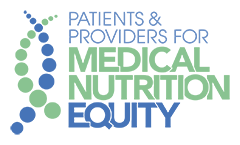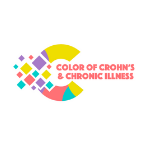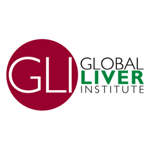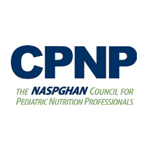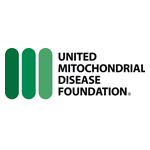Author: pkunews
Katherine, RD
As a nutrition expert, it should be up to me, the family and the healthcare team to decide on how best to treat these children and if nutrition is the ideal treatment, then it should be included as part of the child’s covered treatments. It is frustrating to have to delay or change care if nutrition therapy is not covered. This can worsen illness and also cause undue stress and harm to the child and their family.
Read moreTyler, MD from Idaho
I am a pediatric gastroenterologist and treat children with a variety of digestive conditions that require medical nutrition. I often see patients whose digestive conditions mandate that they be on special diets or supplements and yet these diets cannot be
Read moreCaroline, RD
As a provider, I know what is best for these patients and when covered, the results (i.e. improved absorption, reduced eosinophils, improved growth and weight gain) are nothing short of incredible.
Read moreVikram Christian, MD
As a pediatric gastroenterologist, I take care of children with diseases of the digestive tract. Medical nutrition is often the treatment of choice for these conditions. Insurance denial is particularly frustrating in the case of a motivated child who intends to consume the prescribed nutrition by mouth but is told that he/she would require a feeding tube to have this therapy covered by insurance.
Read moreContact your Representatives and Ask Them To Co-Sponsor HR 2501
Legislation has been introduced in the U.S. House of Representatives that will require all payers — Medicaid, Medicare, Federal Employees Health Benefits Program, Children’s Health Insurance Program and private insurance — to cover medical nutrition for certain gastrointestinal conditions and
Read moreRemington, Age 18

Remington was diagnosed with eosinophilic esophagitis as a toddler. By the time he was 3 years of age, it became clear that food was worsening his condition. By taking so many foods out of his diet, he was at risk
Read moreJames, Age 12

James DeLano is a 12-year-old boy who has lived his life with rare, chronic disease. As a young child, James was diagnosed with an eosinophilic gastrointestinal disease and inborn error of metabolism. Due to the many issues that his conditions
Read moreSue, Michigan Dietitian
When patients’ mental health deteriorates because they cannot follow their diet, they often lose their job and get incredibly frustrated with the system.
Read more